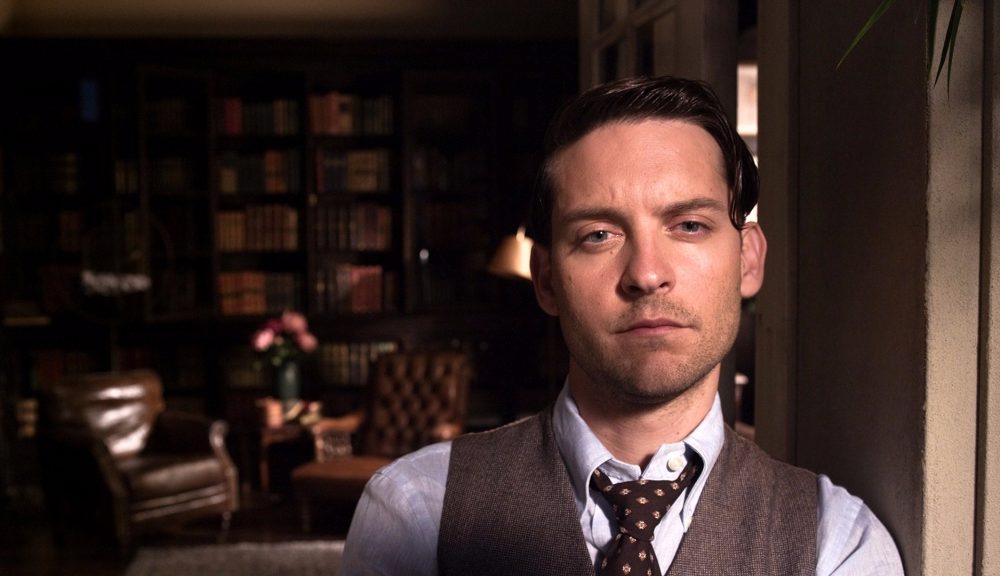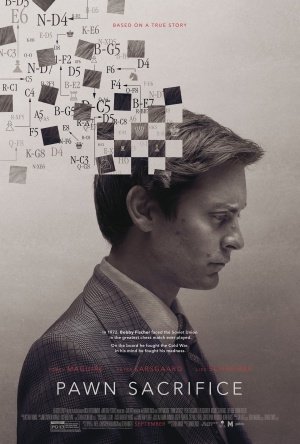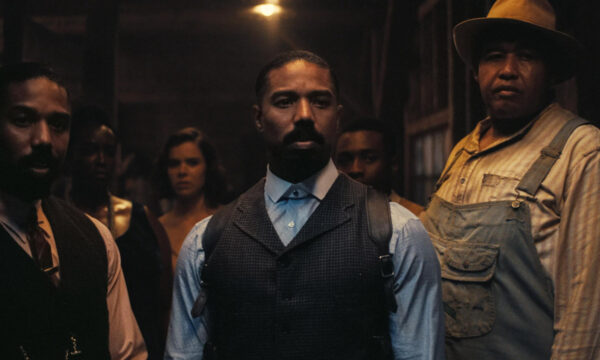Pawn Sacrifice

Edward Zwick’s Pawn Sacrifice tells the story of iconic American chess prodigy Bobby Fischer (Tobey Maguire) and his battle, not only against the equally talented Soviet chess master Boris Spassky (Liev Schreiber) in the Chess World Championships in 1972, but against the entire Soviet Union, at a time when American-Russian relations were, let’s say, in a state of dangerous stalemate. As noted by the film, the grand final was not solely about two genius individuals: the chess board and the players’ subsequent interaction with it took on an ideological function; the winner of this game was not solely a chess champion, but also a national hero at a time when heroes of all sorts were needed.
It is this ideological and symbolic stand-off that characterises Pawn Sacrifice. Early on, we see Fischer as a young boy, at a pro-Communist party held by his vehemently Communist mother. Throughout, Zwick keeps the geopolitical significance of this chess final fresh and palpable, as well as including various humorous scenes, parodying the comical relationships between each country’s delegates-cum-chess players, whilst also retaining some appropriate seriousness to controversial issues such as the Vietnam War and the Watergate scandal. Yet the movie seems to quickly gloss over much of Fischer’s childhood, and particularly his early career as a professional chess player. It all seems to happen a bit too quickly, and this gives the impression that the effect – and not so much the cause – is what is most important here. This may well be the director’s intention, yet there would seem to be a great deal of psychological potential at the beginning of this story, to set us up for the mental meltdown that characterised Fischer’s professional chess career.
Much like the “glossing over” of the chess player’s early childhood days, the movie seems only to scratch the surface of Fischer’s breakdown. It is indeed a rough journey for our protagonist, and this is shown on screen. But the film falls into cheap psychological territory, where phone-tapping and conspiracy-driven action (albeit true to the real story) take up a lot of screen time. The cinematic clichés of 60s California – surfers and vintage-looking vignettes – as well as the (perhaps overused) rock’n’roll music, to chess fans who want to focus on the sport, at least, will appear as simple artistic embellishments.
Yet, for all its downfalls, Pawn Sacrifice teaches us a valuable lesson, one that is particularly poignant in the 21st century with its celebrity culture: it warns us against ideologically tainting these personalities for nationalistic purposes, whilst at the same time highlighting how we – as spectators – merely sit back whilst we watch these same celebrities go deeper into dangerous psychological territory.
Samuel Estebanez
Pawn Sacrifice is released nationwide on 11th August 2017.
Watch the trailer for Pawn Sacrifice here:























Facebook
Twitter
Instagram
YouTube
RSS